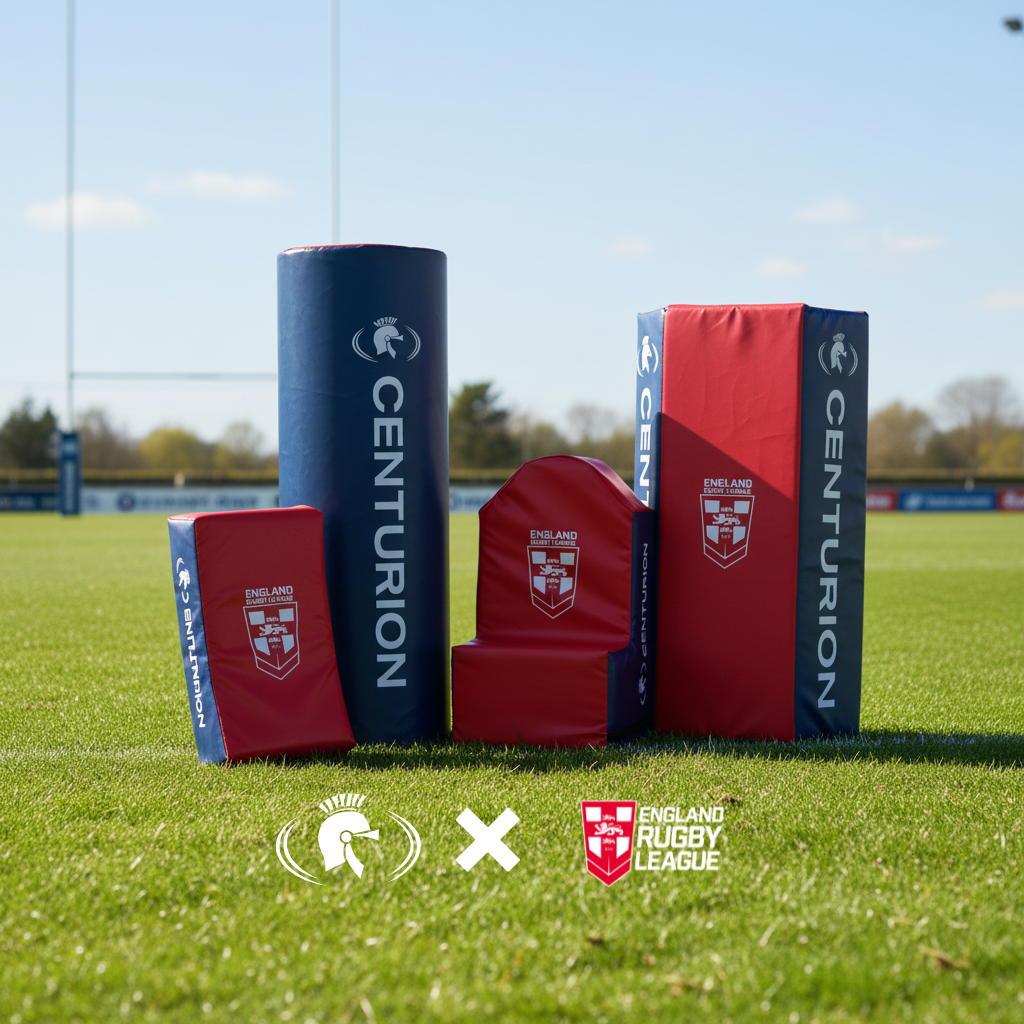Fitness Tests for Rugby

Physical fitness varies from sport to sport. For example, being fit for Rugby means developing the components of strength, power and speed, whereas marathon runners require a highly developed level of aerobic fitness. If you want to develop your fitness as a rugby player, you should be thinking about 5 key components - stamina, strength, speed, suppleness (flexibility) and skill.
In general, most rugby players will need to be reasonably capable in all five fitness components - the higher the level of play, the greater fitness is required to meet the demands of the game. There are also different fitness demands on rugby players depending on which position they play in, for example, strength can be important for the props whereas speed is more crucial for the backs.
Below is a series of recommendations for fitness tests for rugby players:
Aerobic fitness - The shuttle run (beep) test is great for testing the aerobic fitness of a whole team. Aerobic fitness is a very important component of fitness for rugby due to the distance each player covers throughout the game.
Strength - Strength levels should be determined and monitored for changes in conjunction with training. The vertical jump test measures leg power whilst maximal strength tests such as the 1 RM Bench Press should be conducted for specific exercises.
Flexibility - Good hamstring flexibility is important for rugby players for running and also for their ball kicking skill. The sit and reach test is good for testing lower back and hamstring flexibility.
Speed - speed and acceleration are both very important in rugby, as well as testing running speed whilst carrying the ball. A good fitness test is to time a 40m sprint with a split time for the first 10m which should be measured.
Body fat - excess body fat can affect a rugby player's ability to move freely around the field whilst the extra weight can cause additional fatigue during a game. Measure body fat using the skinfold method or by monitoring body weight assuming there is no change in muscle mass.
Agility - rugby players must possess the ability to quickly change direction in order to evade the defense and make a break. Choose an agility test where the player has to make a turn of less than 45 degrees - no turns greater than this are made at speed during a game.

Fitness Tests for Junior Rugby Players
Fitness tests for younger rugby players should focus on general motor fitness as opposed to specific rugby position fitness - the latter will improve naturally following the progression of motor fitness. Motor fitness consists of four key areas - locomotion, balance, manipulation and awareness skills. Fitness tests for each area are listed below:
Locomotion - some of the fitness tests that can be carried out on junior rugby players involve walking, jogging, cruising, sprinting, turning at pace, side-stepping, evading, running with a forward drive, moving sideways and backwards and so on.
Balance - junior rugby players should practice being able to manage balance in different stances, while being opposed by a partner or changing direction at pace.
Manipulation - this is all about co-ordination for rugby players. Fitness tests should include practising the co-operation of hand and foot movements at pace, for example, the ability of a player to pick up a ball on the move whilst changing direction at speed.
Awareness - this involves the rugby player's ability to judge space and time and to decide what are the best ways to exploit these.
It is important that all areas of motor fitness are well developed as a junior rugby player so they can bring an impressive level of fitness and skill to the senior game. Furthermore, the adult-player who has neglected the development of motor fitness during progress as a junior rugby player, could be disadvantaged long-term.




Leave a comment